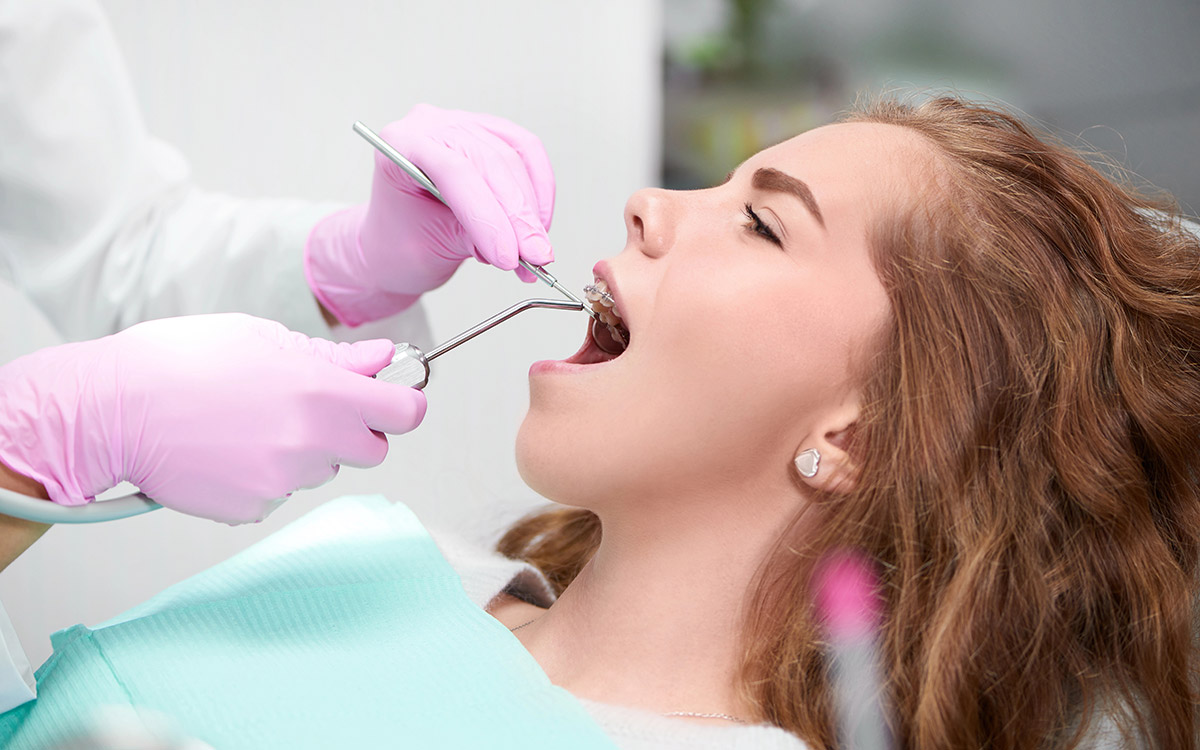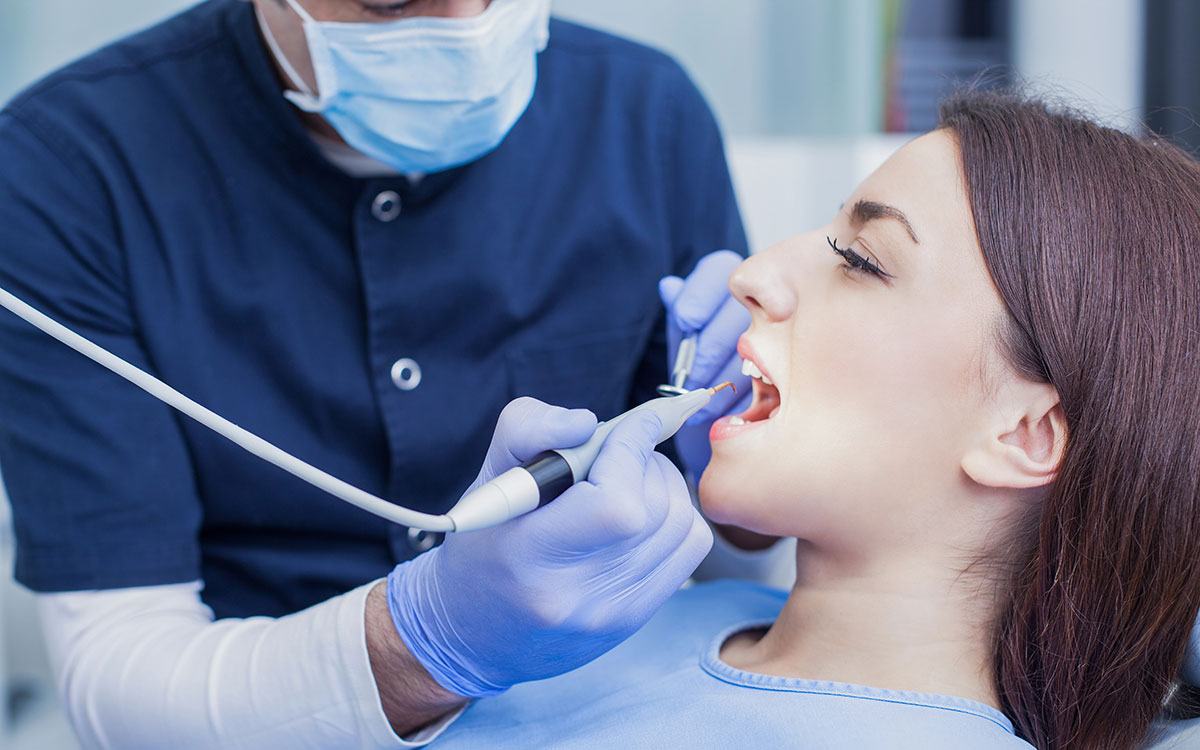If you have been to the dentist a few times, you may have heard the term ‘abscessed tooth’ thrown in the air once or twice. While you may have never experienced an abscessed tooth, it is a pretty common dental issue.
Unfortunately, it comes with a lot of pain. Additionally, you may be susceptible to an abscessed tooth without even knowing it. But do not get too worried; it could be nothing. Still, you should learn everything you can about abscessed teeth.
The information below will outline some of the causes and risk factors, symptoms, and treatment options for people with an abscessed tooth. But first, do you know what an abscessed tooth is?
What Is An Abscessed Tooth?
If you stay up all night with some tooth pain, it might be more than just an ordinary toothache. You could have an abscessed tooth. The condition is a pocket of pus that forms in various parts of the tooth due to a bacterial infection.
It is also called a dental abscess. Dental abscesses occur in various parts of the tooth due to different factors. As a result, there are three main types of dental abscesses that you can develop.
Types Of Tooth Abscesses
- Gingival tooth abscess. The gingival pocket pus forms in the gums and does not affect the tooth or the surrounding structures. You will experience pain in the gum, plus some discoloration.
- Periodontal tooth abscess. This type of abscess starts in the bone and tissues. Therefore, it affects the supporting structures of the tooth. Periodontal tooth abscesses are more common among adults since they result from gum disease.
- Periapical tooth abscess. This is an infection that forms at the tip of the toot. Bacteria can spread to the inside of the tooth through a cavity to reach the pulp. The pulp is the innermost part of the tooth that houses nerves and blood vessels. The bacteria spread to the pulp, reaching the root and bone, forming a pus pocket. This type of abscess is quite painful.
Whichever type of tooth abscess you develop, it will come with severe pain that does not go away. Additionally, you will need medical attention because tooth abscesses do not go away. In fact, they get worse if you do not seek dental assistance.
What Causes Tooth Abscesses?
Bacteria causes tooth abscesses when it gets into your teeth and gums. The way this occurs is different for each type of abscess. For example, periapical abscesses occur when the bacteria enters your pulp through a cavity.
Gingival abscesses form when a foreign body gets embedded in your gums. It could be something as simple as a popcorn kernel, bits of a toothpick, or even a toothbrush bristle.
And finally, periodontal abscesses occur when bacteria enter the gums. Severe gum disease can cause the gums to pull away from the teeth. This leaves deep pockets where bacteria can enter and grow. The buildup of tartar blocks the pockets, causing pus pockets.
Symptoms Of An Abscessed Tooth
The primary symptom of a tooth abscess is a throbbing and endless pain near your tooth or in your gums. The pain onsets suddenly, and it gets worse with time, especially with extreme temperature exposure.
Other symptoms you should look out for include:
- Tooth pain that radiates in your jaw, ear, and neck then gets worse when you lie down
- Pain when chewing, biting, or applying any pressure on the teeth
- Redness and swelling on your gums
- Swelling on the affected side of the face
- Discoloration on the gums and teeth
- Loose teeth
- Bad breath
- Bad taste in your mouth, especially when the abscess ruptures
- High fever
- Swollen or tender lymph nodes under the jaw or in your neck
- Trouble breathing, talking and swallowing
- Insomnia due to pain
Risk Factors Of An Abscessed Tooth
The following factors put you more at risk of developing an abscessed tooth:
- Smoking. People who smoke are more likely to develop gum disease. Severe gum disease leads to dental abscesses. Therefore, if you are an active smoker, you are at a higher risk of tooth abscess.
- High sugar intake. High-sugar content reacts with bacteria in the mouth to produce an enamel-eroding acid. This acid slowly creates cavities in the teeth where bacteria can enter to reach the pulp. This forms a pus pocket that can reach the roots and even bones. If you take a lot of sugar, you are more likely to develop tooth abscesses.
- Dry mouth. A dry mouth means there is no saliva to flush bacteria from the mouth adequately. This leads to bacteria buildup that can get into the teeth through cavities or gum pockets due to gum disease. People with dry mouths are more likely to develop an abscessed tooth.
- Poor dental hygiene. Poor dental hygiene practices lead to bacteria buildup that can enter the gums or teeth. This leads to an abscess formation in various parts of the mouth. Regular brushing and flossing can reduce bacteria buildup.
- Weak immune system. Some diseases and even medication can weaken the immune system. This makes it harder for the body to fight off infections, especially dental infections. Therefore, you are more likely to develop an abscessed tooth.
Treatments For An Abscessed Tooth
Unfortunately, an abscessed tooth will not go away on its own. It may rupture and give you instant pain relief, but you still need medical attention. The most common treatment options for an abscessed tooth include:
- Incision and drainage. You will go through minor surgery where a dentist will make an incision to drain the pus that contains the bacteria. The dentist will then clean the area with a saline solution.
- Removing the foreign object. If your abscess is due to an embedded object, the dentist will remove it, drain the pus, and clean it with a saline solution.
- Root canal. The dentist will drill into the abscessed tooth to drain the abscess and remove the infected pulp. Then, you will receive a fill and seal, and sometimes a crown to strengthen the tooth.
- Tooth extraction. If your tooth is too damaged, the dentist will extract it then drain the abscess. You may get an artificial replacement later.
- Antibiotics. If you have a weakened immune system or the infection has spread beyond the abscessed tooth, your dentist will prescribe some antibiotics to clear the infection.







